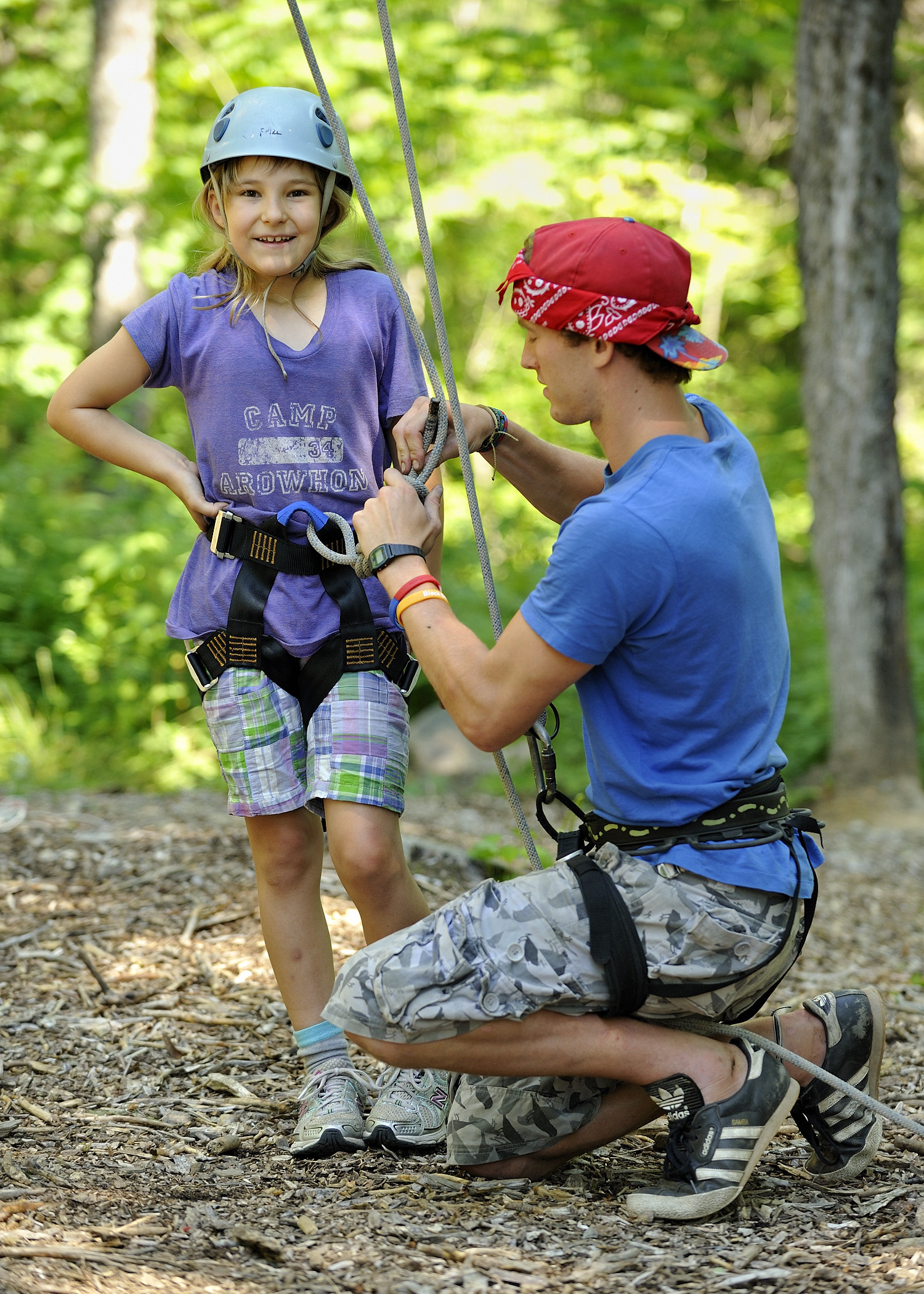I had a meeting with this kid the other day. I say kid because he’s 17 and he goes to high school. But out of this kid’s mouth came wisdom that I wish to hear from grownups. We were meeting because I interview all our returning staff every winter, to celebrate their successes and agree on their growth goals for the coming summer.
So I asked Elly what he learned from his job as a camp counsellor last summer and he said: “Listening is magic.”
I said: “You mean all those dumb things I teach you, like “uh huh” and mirroring really work?”
He said: “I couldn’t believe it. I just sat there and listened and did those little things, and they really opened up.”
They were Elly’s 14-year-old campers, and of course it’s easier for them to open up to a 17-year-old than to a parent; but the tools work no matter who uses them. He was shocked and delighted by his success. What else he learned was that after the kids started talking it was pretty easy to keep them talking. And after that it was pretty easy to manage their behaviour – to get them to do more of the good stuff and less of the bad stuff.
I figure that if a 17-year-old who’s hired for a summer can do this, then so can parents. This particular 17-year-old is unusually smart and caring and dedicated – but then so are most parents.
We are forever tempted to tell our children what to do. This makes sense because we’re older and we know a lot more and we’re desperate to protect them from making mistakes and getting hurt or flunking out of school. The terrible thing is that we cannot prevent any of those things by telling them stuff. It feels almost religious, this desire to tell our kids what to do. Religious in the sense that our obligation to protect them is almost holy and our belief that we can do so is equally sacrosanct. This is because if we didn’t believe we could protect them, we might not be able to tolerate the possibility of them meeting harm
But tolerate this we must. One of the core truths of parenting – and a terrible paradox – is that many of our yearnings to protect our children from harm, if gratified, actually lead to harm. This is for two reasons: One, if we deny them the chance to mess up and learn from it, they do not grow resourceful and independent and they will not know how to make good choices. And two, our major mode of access to keeping our children from harm is conversation.
Yes, talk. Their talk not ours. Another paradox: By listening more than talking, we keep them safer.
When they talk to us they are using our ears, our caring, loving listening ears, as sounding boards to bounce stuff off and figure out what to do, what decisions to make for themselves and how to make them. This is how they learn to make good choices: Not by listening to us but by talking to us.
So how to do this? How to get them talking. Adopt non-judgmental, calm body language. Relax (or at least look it). Wait for a conversation opener. A good one is when they report on bad stuff other kids (never them!) are doing. Instead of doing the knee-jerk lecture “don’t do that” thing, stay calm, act relaxed, and say: “Uh huh.” Then wait. They’ll talk more. They’ll be gobsmacked that you’re not telling them what to do, and they’ll like it, so they’ll talk.
When they fall silent, try mirroring, which means you repeat what they said, with no editorializing. Sounds like: “So Johnny’s drinking beer.” No judgment. Then wait. Embrace silence. They’ll talk more. Your third tool is to say: “Tell me more.” Then wait again.
These are the listening tools that will encourage your child to talk. Three simple tools. Nothing more. If a 17-year-old can do it, so can you.
How one simple tool will make us all better parents


Leave a Reply
You must be logged in to post a comment.